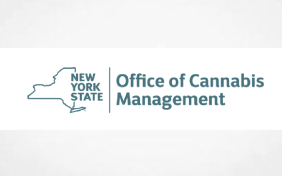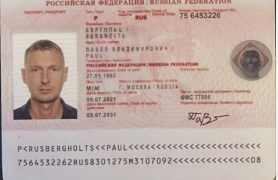
Recreational marijuana use is legal under Nevada state law. But could recreational marijuana use jeopardize an employee’s employment? Nevada voters voted to legalize recreational marijuana use effective January 1, 2017. The law decriminalized recreational marijuana when used in compliance with Nevada law.1The statute decriminalizing recreational marijuana use specifically indicated that it did not preclude an employer from maintaining, enacting, and enforcing a workplace policy prohibiting the conduct made legal by the statute. However, under a Nevada statute, employees cannot be terminated for lawful off-duty use of a product in this state, unless that use adversely affects the employee’s ability to perform their job or other employees’ safety.2Employers that terminate employees for engaging in lawful off duty use of a product may be required to pay damages to terminated employees. As a result, many employers operated under the assumption that employees who tested positive for recreational marijuana use could not be terminated because Nevada legalized recreational marijuana use.
InCeballos v. NP Palace, LLC, a recent Nevada Supreme Court decision,3the Court analyzed whether an employer could discharge an employee for recreational marijuana use. Palace Station employed Danny Ceballos as a table games dealer. According to Ceballos, he had no performance or disciplinary issues. On June 25, 2020, Ceballos slipped and fell in the employee breakroom. After his fall, Ceballos submitted to a drug test that tested positive for the presence of marijuana. Palace Station terminated Ceballos’ employment due to the positive test result; there was no allegation that Ceballos was intoxicated or otherwise impaired during his shift.
The Court held that “although Nevada has decriminalized adult recreational marijuana use, the drug continues to be illegal under federal law.4Because federal law criminalizes the possession of marijuana in Nevada, its use is not ‘lawful… in this state’ and does not support a private right of action under NRS 613.333.” The Court also held that because NRS 678D.510(1)(a) authorizes employers to prohibit or restrict recreational marijuana use by employees, employees discharged after testing positive for the presence of marijuana do not have a common-law discharge claim.
The Ceballos decision raises questions about the future of recreational marijuana use by employees, and the Nevada Legislature has not indicated whether it intends to provide employees with employment protection in light of the Ceballos decision. For the time being, employers are within their right to enforce drug policies that prohibit recreational marijuana use. According to Ceballos, an employee terminated for recreational use of cannabis can neither sue the employer under NRS 613.333 nor under a common law tortious discharge claim. Employers looking to discipline employees for recreational marijuana use should ensure their employment policies allow for such discipline.
*Note: Ceballos does not address medical marijuana use, so employers should remain mindful of the Nevada medical marijuana statute applicable to employees.
1NRS 678D.200
2NRS 613.333
3Danny Ceballos v. NP Palace, LLC, dba Palace Station Hotel & Casino, 138 Nev. Adv. OP. 58 (Aug 11, 2022)
4Marijuana is listed as a Schedule I drug along with heroin and cocaine under the federal Controlled Substances Act, which means marijuana is deemed to have a high potential for abuse and no medical value.
Source
https://www.jdsupra.com/legalnews/could-recreational-marijuana-use-7871840/



















